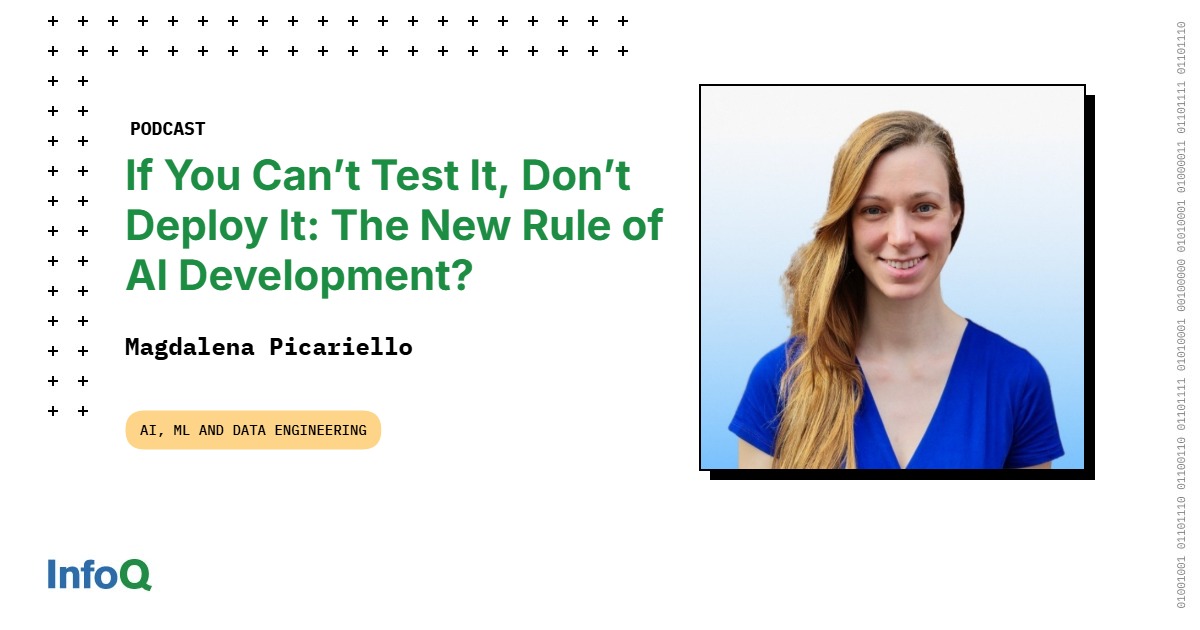
"I'm someone on a mission to make AI more accessible, and I try to do it in all possible ways. One way to do it is to help companies implement AI projects that really matter and optimise processes. But the other way to do it is to educate the next generation of employees and AI developers on how to build AI solutions that actually work and solve our problems. This is the academic part I want to mention."
"And I had a conversation with someone else involved in generative AI for an extended period of time, Jade Abbott, and she was talking about the need to change your mindset because if you think like an engineer - software engineer, or any other engineer - you'll think in binary. The values are either 0 or 1, so there is no gradient between them."
AI should be made more accessible by combining practical implementation with academic education. Companies need help implementing AI projects that matter and optimize processes. Educating the next generation of employees and AI developers builds capacity to create AI solutions that work and solve real problems. Bridging industry and academia is essential to ensure useful AI adoption. Traditional engineering thinking is binary, but machine learning requires probabilistic or gradient-based thinking. Widespread interest in generative AI drives demand across IT and other companies. Mindset change and collaboration between sectors are necessary for effective, enabling AI solutions.
Read at InfoQ
Unable to calculate read time
Collection
[
|
...
]